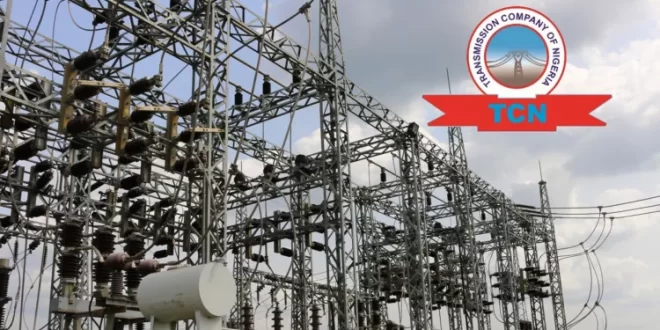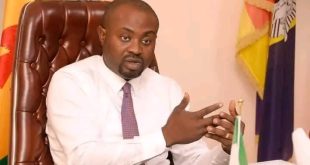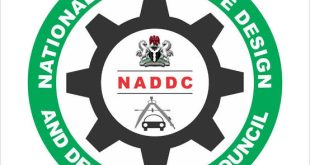By Olakunle Oyedunmola |
The national grid has collapsed once again, marking the sixth grid failure in Nigeria this year, National Telescope has learned. This ongoing challenge has sparked outrage and concern among Nigerians, who rely heavily on the national grid for electricity supply.
The collapse, which occurred at 18:48 hours, has left millions of Nigerians across various states without power. According to sources, all electricity distribution companies in the country are currently receiving no supply from the national grid, leading to widespread blackouts.
In a statement addressed to its customers on the social media platform X (formerly known as Twitter), the Eko Electricity Distribution Company (Eko DisCo) confirmed the system collapse and explained the impact on power supply.
“Dear Valued Customer, kindly be informed there was a system collapse at 18:48hrs, which has resulted in a loss of power supply across our network. We are currently working with our partners as we hope for a speedy restoration of the grid. We will keep you updated as soon as power is restored. Kindly bear with us,” the statement read.
This latest grid collapse has once again brought the spotlight on Nigeria’s struggling power sector, with many citizens questioning the efficiency of the system and the lack of a long-term solution to the recurring problem.
Nigerians have been dealing with power instability for years, but the frequency of grid collapses in 2024 has been alarming. In a country where access to electricity is already a challenge for millions, six grid collapses in a single year further compound the problem. Small and medium businesses that rely on power to operate are severely impacted each time the grid goes down.
“Each time there’s a grid collapse, we are forced to rely on generators, which increases our operational costs. It’s becoming unbearable for many of us,” said Musa Abdullahi, a small business owner in Lagos. “We can’t continue like this. The government needs to fix this problem once and for all.”
Similar sentiments were echoed by a resident in Abuja, Amina Mohammed, who lamented the constant power cuts.
“Every time the grid collapses, we are left in darkness for hours or even days. We pay for electricity, but we hardly ever get it. It’s frustrating.”
The exact cause of the latest grid collapse is yet to be disclosed by the Transmission Company of Nigeria (TCN) or the Ministry of Power. However, experts have pointed to several factors that could contribute to frequent grid failures in the country. These include an aging infrastructure, poor maintenance, underinvestment in the power sector, and technical challenges within the transmission and distribution networks.
In an interview with a local radio station, energy expert Chidi Okafor noted,
“The national grid is an outdated system that has been neglected for far too long. It cannot handle the current demand for electricity in Nigeria, which is why we are seeing these repeated collapses. Unless there is a significant overhaul of the grid and investment in alternative energy sources, we will continue to face this problem.”
The Nigerian government has been criticized for its handling of the power crisis. Despite efforts to privatize parts of the power sector, the overall situation has seen little improvement. The Minister of Power, Adebayo Adelabu, recently assured Nigerians that the government is working to address the issue, but many remain skeptical.
“We are aware of the challenges in the power sector and are taking steps to ensure that the national grid is stabilized,” Minister Adelabu said in a recent press briefing.
“We are also exploring renewable energy options to diversify our energy sources and reduce the burden on the national grid.”
However, these assurances have done little to pacify Nigerians who are tired of the frequent power outages and the impact on their daily lives.
For many Nigerians, the recurring grid collapses are a sign that the country’s power sector needs urgent reform. Without a reliable power supply, businesses struggle to grow, students find it difficult to study, and hospitals face challenges in providing critical care.
“We can’t continue to live like this,” said Bolaji Akinwale, a university student in Ibadan. “How are we supposed to study or succeed when we don’t even have basic electricity? The government needs to take this seriously.”
As the government and power companies scramble to restore the grid, it remains to be seen whether this will be just another temporary fix or if a lasting solution will finally be implemented. Until then, Nigerians continue to brace themselves for the next inevitable power outage.
In the meantime, Eko DisCo and other distribution companies have urged their customers to remain patient as they work towards restoring power. However, for many, patience is running thin as the nation grapples with a power crisis that seems to have no end in sight.
 National Telescope national telescope newspaper
National Telescope national telescope newspaper



